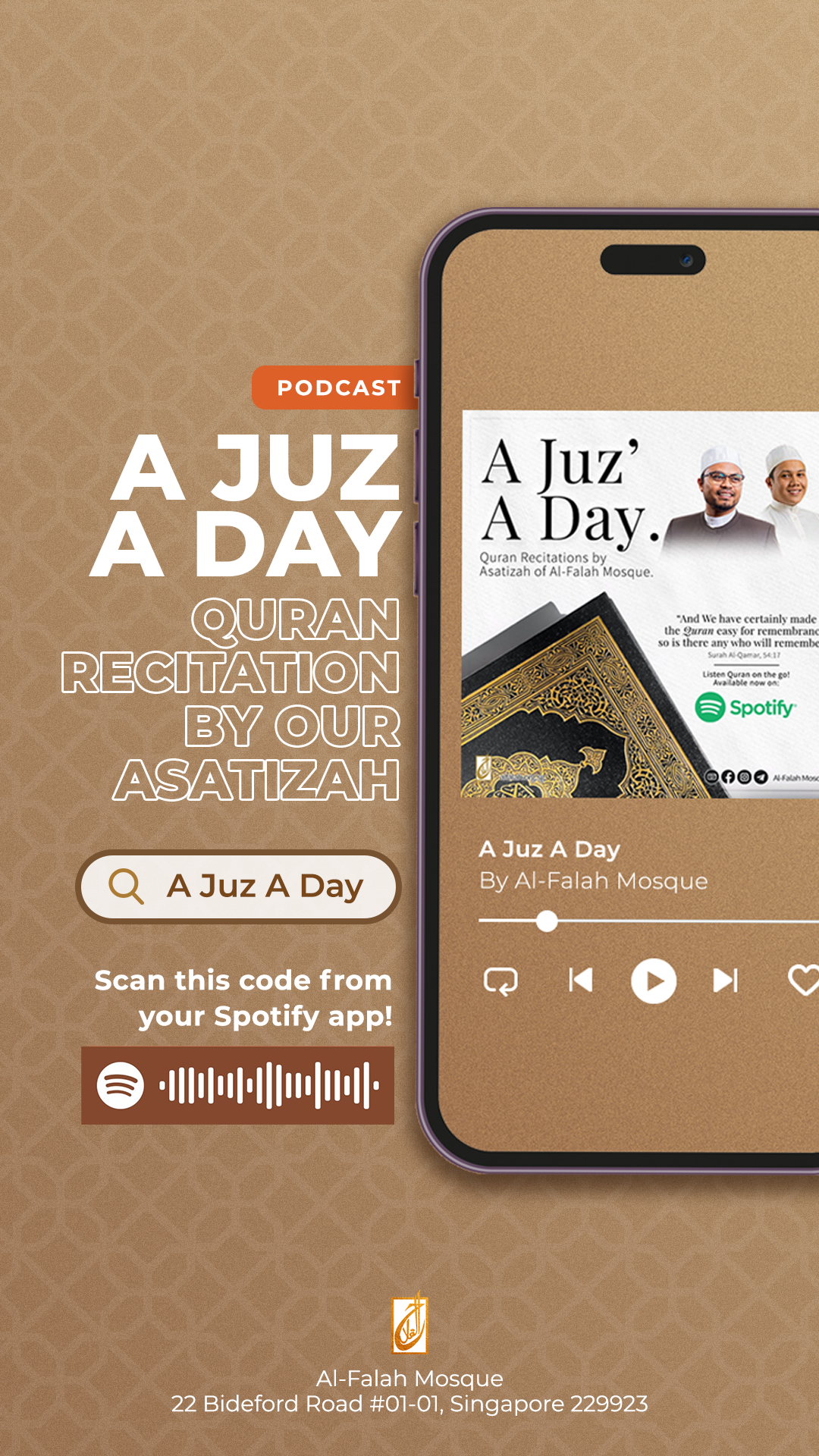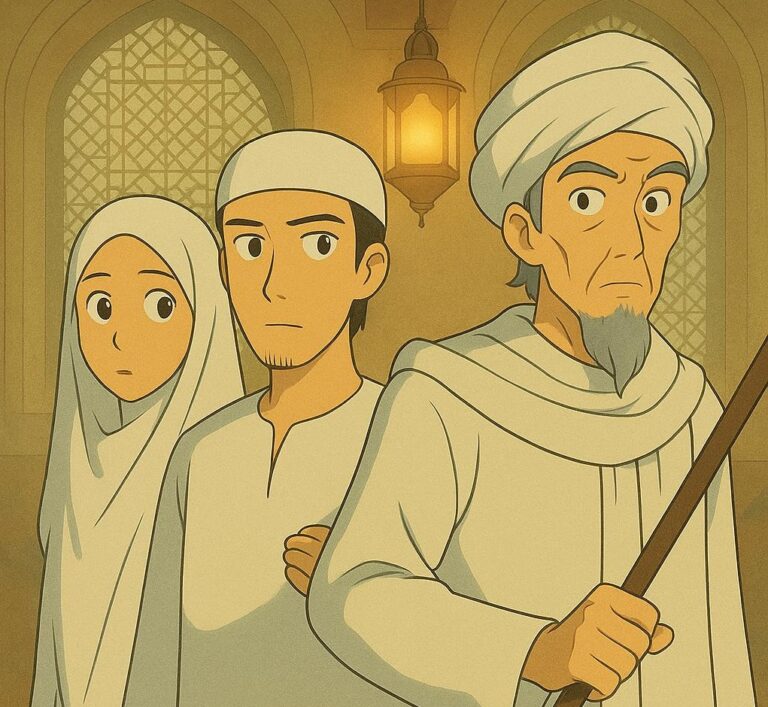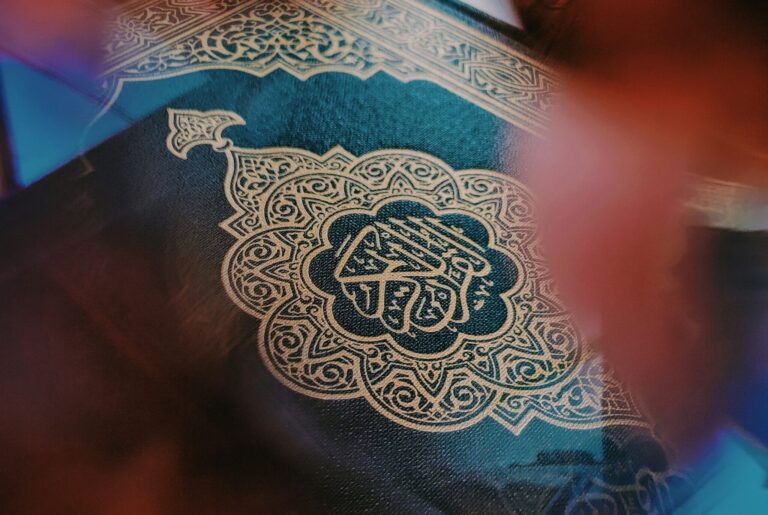Articles
Understanding the Hijri Calendar: Origins and Significance
- BY Ustaz Hidir Sulaimee
- ON
- Muharram, Hijri Calendar, Islamic Calendar, Hijrah

![]()
The Islamic calendar, also called the Hijri calendar, is of immense importance in Islam. It was introduced in 637/638 CE by Khalifah Umar Ibn al-Khattab (r.a) and begins from the Prophet Muhammad’s (peace be upon him) migration known as Hijrah. This event is significant because it marked the founding of the Islamic community, making it a fitting starting point for the calendar.
Origins of the Hijri Calendar
The need for a unified dating system became evident when Abu Musa al-Ash’ari wrote to Umar, expressing confusion over the dates in official correspondence. He highlighted that documents were dated with the month of Sha’aban, but it was unclear whether it referred to the previous or upcoming Sha’aban.
Abu Musa al-Ash’ari wrote to Umar Ibn al-Khattab saying:
“Letters have reached us from the Commander of the Faithful, but we do not know which to obey.
We read a document dated [the month of] Sha’ban, but we do not know which of the Sha’ban is meant:
is it the month that has passed, or that which is to come?”
To resolve this issue, Umar Ibn al-Khattab (r.a) consulted with the Prophet’s Companions. It was decided that the Islamic calendar should begin from the year of the Prophet Muhammad’s ﷺ Hijrah. While some Companions proposed that the calendar should begin with Ramadan, others suggested starting from the Prophet’s birth or the date of his death. However, Umar decided that Muharram should be the first month, reasoning that it follows the completion of the Hajj season, making it a fitting time to start the new year.
The Structure of the Hijri Calendar
The Hijri year consists of 354 days, based on the lunar cycle, with the moon completing twelve orbits around the Earth within this period. Each Hijri year is approximately 11 days shorter than the solar year, causing the Islamic months to shift backward through the seasons over time. Allah s.w.t says,
“Surely, the number of months ordained by Allah is twelve since
the day He created the heavens and the earth, of which four are sacred. That is the upright religion (al-dīn al-qayyim)” 9:36
Muslims around the world use the Hijri calendar to determine the dates & timing of significant religious events, such as the fasting month of Ramadan and the pilgrimage season of Hajj in the month of Dhul Hijjah. It unifies Muslims globally, helping them keep track of religious obligations and celebrations. Picture the first sighting of the new moon, marking the commencement of Ramadan—a time of abstinence from food and a heightened sense of spirituality. These live, real-time moments foster a sense of belonging and connection among millions of Muslims through the shared experience of worship.
Names and Meanings of the Islamic Months
The names of the Islamic months were established based on certain reasons and meanings derived from Arab traditions. As explained by scholars such as Al-Hafiz Ibn Katheer and Shaykh ‘Alam ad-Deen as-Sakhaawi, each month carries a specific significance:
- Muharram: Named for its sanctity (muharram), as it was a sacred month for the Arabs.
- Safar: Named because their houses would be devoid of them when they went out to fight or travel.
- Rabee‘ al-Awwal and Rabee‘ al-Aakhir: Named because they did not travel during these months.
- Jumaada: Named because water froze during this month.
- Rajab: Named from the word tarjeeb, meaning veneration.
- Sha‘baan: Named from the word tasha‘‘ub, meaning scattering, as the tribes would disperse to raid others.
- Ramadan: Named from the word ramda’, referring to intense heat.
- Shawwaal: Named referring to camels raising their tails for copulation.
- Dhu’l-Qa‘dah: Named from the word qu‘ood, meaning rest, as they would rest from fighting and traveling.
- Dhu’l-Hijjah: Named because they performed Hajj during this month.
These names not only denote time but also carry stories of ancient traditions and cultural practices. Each month’s name evokes images of the past, connecting modern-day Muslims with their rich heritage.
The Sacred Months:
There are four months in the Hijri calendar that are considered sacred in Islam: Zulkaedah, Zulhijjah, Muharram, and Rejab. Prophet Muhammad s.a.w said,
“Time has come back to its original state which it had when Allah created the Heavens and the Earth.
The year is twelve months, four of which are sacred. Three of them are in succession: Dhū al-Qaʿdah,
Dhū al-Ḥijjah, Muḥarram, and [the fourth being] Rajab Muḍar which stands between Jumādá [Thāniyah] and Shaʿbān.” (Bukhari)
Although each sacred month has its own virtues, they all share a common importance: Allah has decreed that fighting is forbidden during these months, and any transgression of the unlawful (Zulm) towards oneself or others during these months is much worse than at other times, meaning that sins and rewards are greatly multiplied.
Conclusion
In summary, Umar Ibn al-Khattab’s (r.a) Hijri calendar is not merely a dating system. It emphasizes the Islamic world’s long history and customs that help Muslims in their day-to-day activities. When we understand why it was created and the significance attached to each month, we develop a greater understanding of this magnificent legacy and sacred cadence that is apparent in the Hijri calendar.
As we welcome 1446H, let us embrace the opportunity to connect more deeply with our faith. Each Islamic month offers unique virtues and lessons that can help us navigate our lives as Muslims. From the sacred month of Muharram to the blessings of Ramadan, following the Hijri calendar allows us to align our daily actions with the spiritual significance of each period.
Let the arrival of 1446H inspire us to follow the Islamic months closely, enriching our lives with the wisdom and guidance they offer. By doing so, we honor the legacy of the Hijri calendar and strengthen our commitment to the timeless principles of our faith.
Disclaimer
Support Our Dakwah










